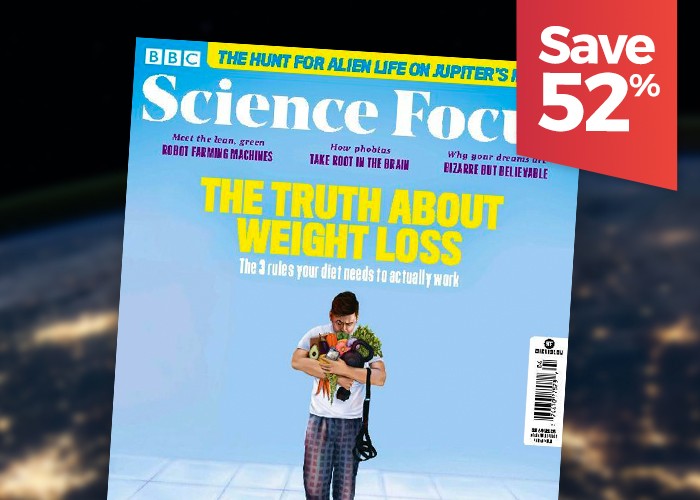
How to use the Plough as a signpost
The two most recognisable star patterns for northern hemisphere sky-watchers are Orion and the Plough.
Orion is a constellation representing a mythological hunter, while the Plough is an asterism – an unofficial pattern of stars within Ursa Major the Great Bear, and can be seen from mid-February and mid-March.
All stars appear to rotate around two points representing the projection of Earth’s rotational axis into the sky: the North and South Celestial Poles (NCP and SCP).
The NCP sits above the northern point on the UK’s horizon at an altitude equivalent to your latitude. Stars close enough to the NCP will appear to orbit it without setting, a behaviour described as ‘circumpolar’.
The Plough is circumpolar from the UK and is known by many names: the Saucepan (la Casserole in France), Charles’s Wain, the Big Dipper, the Big Rudder and more. The Plough and the Saucepan are the two most common descriptors in the UK.

Being visible whenever it’s dark and clear, the pattern is useful for star navigation. Imagining it as a saucepan, follow the line of the two stars farthest from the handle, Dubhe and Merak, up with respect to the pan to locate Polaris, the North Star. Polaris almost sits on the NCP and as far as the naked eye is concerned, appears stationary. Dubhe and Merak are known as ‘the Pointers’.
More like this
Follow the natural arc of the handle away from the pan, and eventually, you’ll arrive at the bright orange star Arcturus. You can remember this by using the mnemonic of “follow the arc to Arcturus”.
Follow the line of the two stars in the pan nearest the handle down with respect to the saucepan and you’ll eventually arrive at Regulus, the brightest star in Leo the Lion; “a hole in the bowl will leak on Leo”.
Finally, extend the top edge of the pan away from the handle to locate bright Capella in Auriga the Charioteer; “follow the cap to Capella”.
Read more:
- How can I see Cancer the Crab?
- How can I see Betelgeuse?
- How to spot the Leo in the night sky
- How to spot the Orion nebula
- This article first appeared in issue 374 of BBC Science Focus Magazine – find out how to subscribe here
Authors
Sponsored Deals

May Half Price Sale
- Save up to 52% when you subscribe to BBC Science Focus Magazine.
- Risk - free offer! Cancel at any time when you subscribe via Direct Debit.
- FREE UK delivery.
- Stay up to date with the latest developments in the worlds of science and technology.





